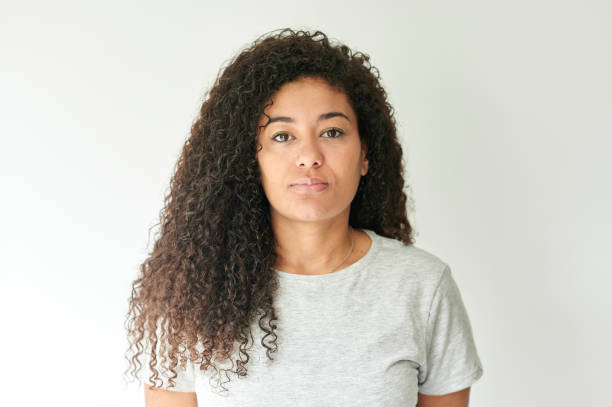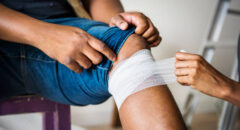
Hidradenitis suppurativa (HS), also known as acne inversa, is an inflammatory condition characterized by boil-like abscesses in folds of skin that tend to rub together, such as the armpits, breasts, groin, and buttocks. HS can release foul-smelling fluid when they open, and often leave behind severe scars that can restrict movement making it difficult to treat. The lesions are extremely unsightly and painful and highly prevalent in Black people, who are more than twice as like to develop HS as white people.
The condition has a strong genetic component, so there may be genetic variants in Black Americans that lead to a higher prevalence, says Anthony Fernandez, MD, PhD, a dermatologist at Cleveland Clinic in Ohio.
Despite this Blacks don’t receive necessary HS care and are often underrepresented in clinical trials, according to Everyday Health.
Treating HS in Black people
If you have HS, you are likely to be up against difficult challenges, both physically and emotionally. However, the good news is that with proper education, a dermatologist experienced in treating Black patients, and medical and self-care treatments, you can successfully manage your condition.
Treatment strategies for HS are generally the same for Black as they are for other races because research has mostly been done on white people. However, further research may provide targeted therapies for Black patients.
In the meantime, you can manage your HS with a combination of medical treatments and self-care.
Medical Treatments
Medical strategies that may be used to treat HS include:
- Antibiotics
- Corticosteroids, such as prednisone, can have serious side effects if used for long periods of time. Sometimes, a doctor will inject these in a simple office procedure.
- Immune system suppressants, such as cyclosporine, a drug that’s often prescribed for transplant patients
- Oral retinoids, which affect the biology of the skin
- Antiandrogens, which block testosterone, because hormonal shifts sometimes trigger HS
Biologics are strong medications that can also be used to treat HS, however, they may not be right for everyone. Your doctor will determine how severe your HS is and make a decision. In most cases, your doctor will recommend you try other options first.
If your HS has progressed to a later stage, you may need a wide excision, which involves removing a






